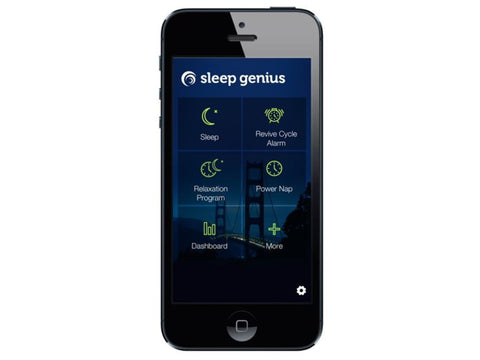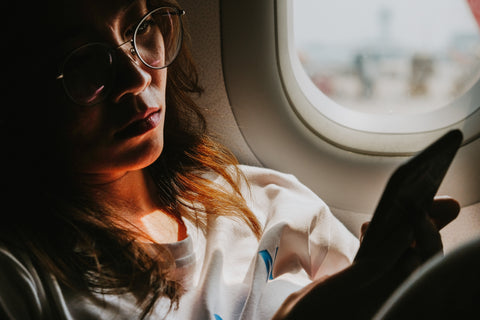Most smartphone users have a dirty little secret that they don’t talk about much. It’s not such a big deal, really. Or is it?
Taking a smartphone to bed is pretty common these days. But all the evidence points to the fact that it’s not a healthy idea. First of all the blue light that comes from it can interrupt normal sleep patterns, disrupting the sleep cycle. A Harvard health study shows that the blue screen light from tablets, laptops, and especially smartphones, disrupts the brain’s nightly job of sending the body into a relaxing and restful sleep.
Even phones with the Night Shift option, which tints the screen orange instead of blue, may not be enough to fool the human brain into deep repose. And then there is the issue of cell phone radiation. While the current spate of studies remain inconclusive about the amount of harm, if any, cell phone radiation can produce in the human body, it just makes sense to limit exposure time as much as possible.
Keeping up with the news and indulging in social media pursuits during the hours when the body needs to sleep is not a relaxing occupation -- there’s no lullaby involved when posting on Facebook or texting or reading emails.
But how to keep that smartphone at a distance when going to bed can be a challenge. Here are several reasons people think they have to take their phone to sleep with them, and how to overcome that mindset:
Can’t wake up without it
People use their smartphone to wake up in the morning, so it’s got to be in bed with them. But think about it a moment -- if the phone can be heard while nestled on a nearby pillow, it stands to reason it can be heard nearly as well when placed a bit further away on a night table or dresser. And the upside is that it forces the sleeper to actually get out of bed to turn it off -- instead of just reaching over to shut it off.
Can’t afford to miss crucial calls or texts
True, a smartphone is the quickest and easiest way to stay in touch with work, friends, and family, in case of an emergency or some other urgent business. But again, keeping the phone at a reasonable distance from the bed at night, and using the ‘Don’t Disturb’ mode will keep a person from hearing incoming calls, etc., except from those who are programmed in to bypass the ‘Don’t Disturb’ app.
Smartphone lullabies
A lot of people use their phones to listen to soothing music or sounds of the sea shore, etc., to help them drift off to sleep at night. There’s nothing wrong with that -- just invest in some comfortable Bluetooth headphones, or other types, that allow the phone to be placed up to ten feet away while playing programmed lullabies.
One more game before sleep
Or just one last email before closing the eyes. It’s all a matter of boundaries. Set a definite time to stop interacting with the phone, and stick with it. The person in bed is in charge of their own rest -- not the smartphone. This can give a person a real sense of empowerment -- which is a better sleep aid than any glass of warm milk.
Written by Natalie Bracco for Working Mother and legally licensed through the Matcha publisher network. Please direct all licensing questions to legal@getmatcha.com.




